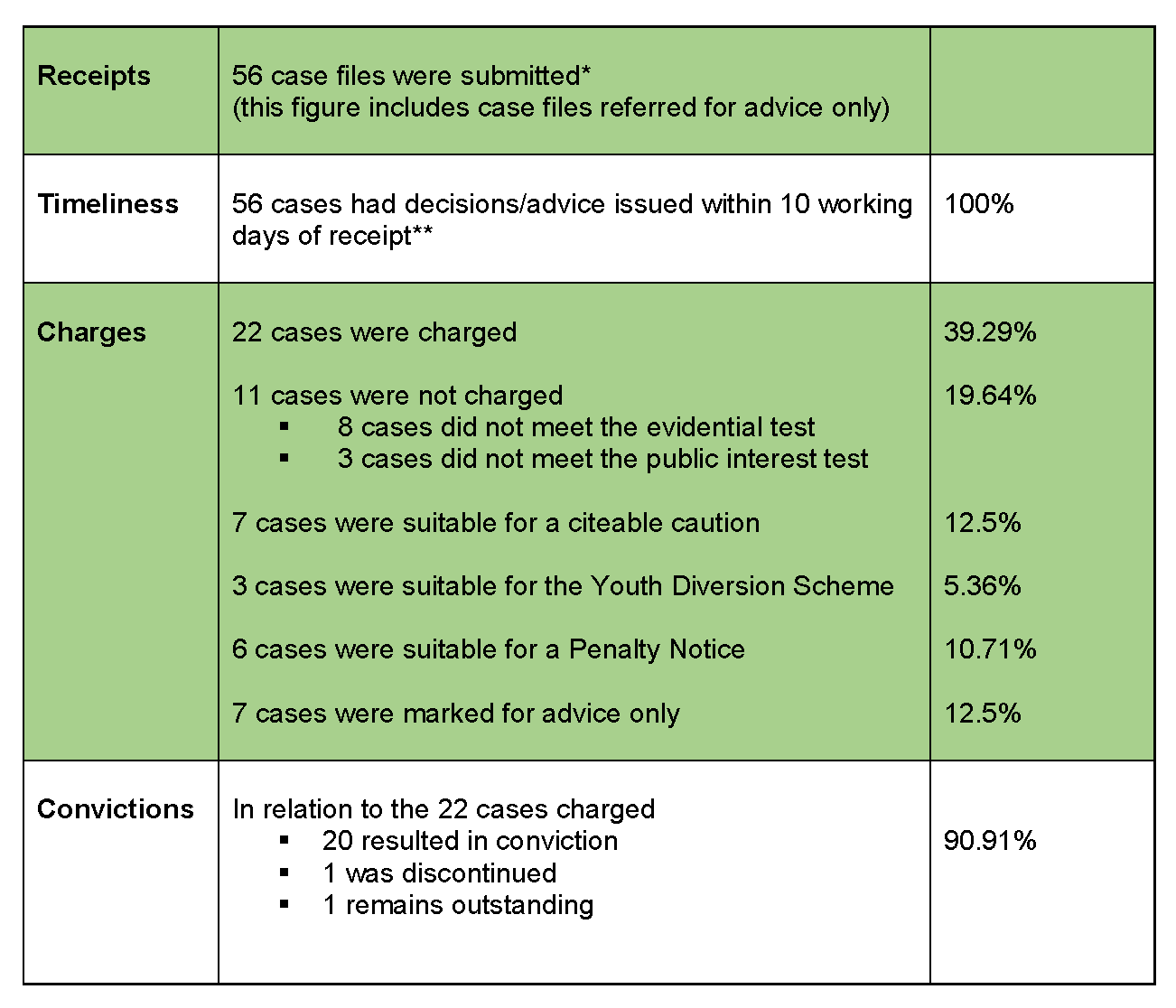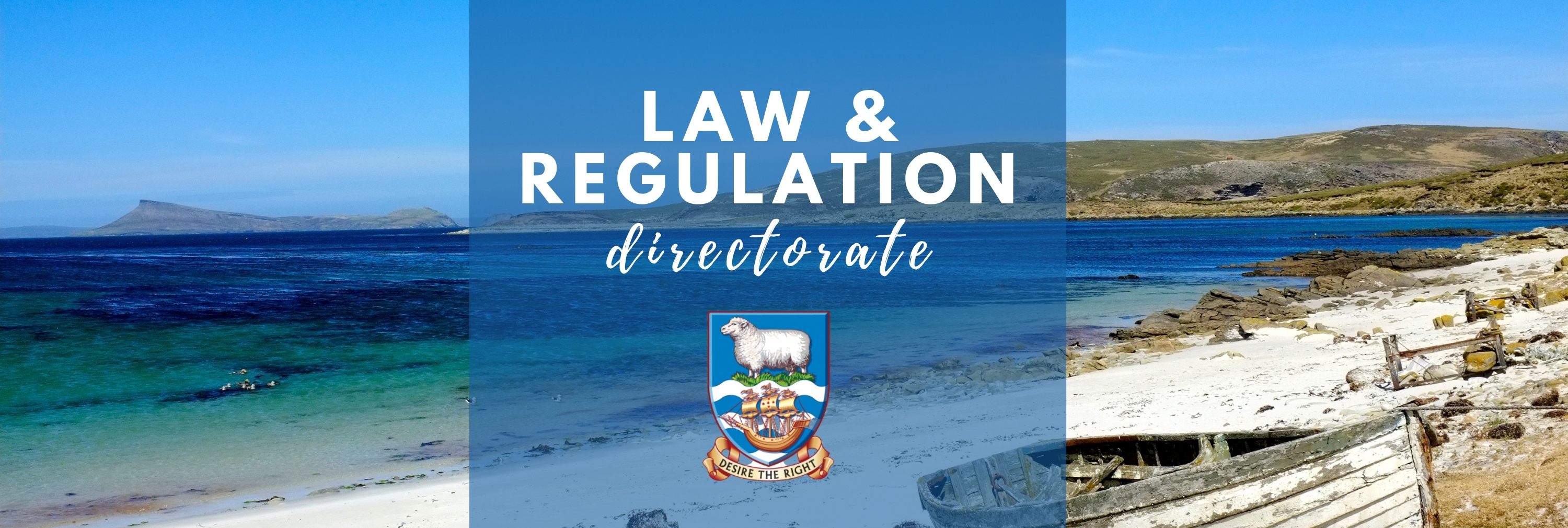The Prosecution Service
The Prosecution Service prosecutes criminal cases that have been investigated by the Royal Falkland Islands Police and other Government Departments, such as the Department of Natural Resources in relation to fisheries protection.
The head of the Prosecution Service is the Attorney General. Under the Constitution the prosecution of cases must be conducted independently. This means that the Prosecution Service makes decisions independently of the Police and Government.
The duty of the Prosecution Service is to make sure that the right person is prosecuted for the right offence, and to bring offenders to justice wherever possible.
The work of the Prosecution Service includes:
- deciding which cases should be prosecuted;
- determining the appropriate charges;
- advising the police during the early stages of investigations; and
- preparing cases and presenting them at court.
Prosecutors must be fair, objective and independent. When deciding whether to prosecute a criminal case, prosecutors must follow the Attorney General’s Code for Prosecutors. This means that to charge someone with a criminal offence, prosecutors must be satisfied that there is sufficient evidence to provide a realistic prospect of conviction, and that prosecuting is in the public interest. The Prosecution Service will only start or continue a prosecution if a case has passed both stages.
For more information on how the Prosecution Service makes decisions please see the Attorney General’s Code for Prosecutors and the Attorney General’s Guidance, which covers a range of criminal justice topics.
Prosecution Data for the Year 2024

*This figure represents the number of case files rather than the number of individual suspects.
A single case file may refer to multiple linked suspects.
Where the case file resulted in at least one charge for one of the named suspects the case has been recorded as having been charged.
** 10 working days is a key performance indicator used internally by the Prosecution Service.

